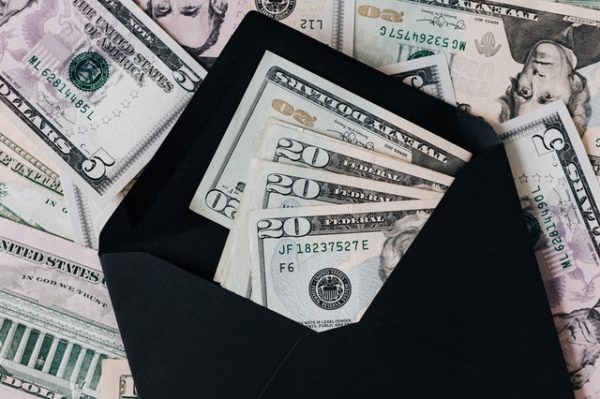Paying off debt and saving for emergencies are two of the best money moves you can make. But which one should you do first? On the one hand, paying off debt means you will have extra money in your budget, and your credit score will likely improve too. On the other hand, saving for emergencies means you are less likely to accumulate even more debt when urgent, unexpected expenses arise. We will outline the pros and cons to each option. American Consumer Credit Counseling is here to explain why it’s a good idea to do both at the same time!
Advantages of Paying Off Debt First
If you have too much high interest credit card debt, paying it off should be near the top of your list of priorities. If you only make minimum payments on your debt, you’ll end up paying a lot in interest. Plus, it’ll take years to pay off only paying the minimum.
For example, using our credit card interest calculator, let’s say you have a $2,000 balance on your card and an APR of 20%. If your minimum payment is $40, you will pay a total of $1,462 in interest over the course of six years. If you were to aggressively pay off your debt until it was gone, you could save yourself a lot of time and money. Once you pay off that debt, it’ll be a huge weight off your shoulders, and you’ll have extra money to put towards other financial goals. Additionally, paying off debt can help to increase your credit score. The lower your credit utilization ratio, the better your credit score.
Disadvantages of Paying Off Debt First
When you’re deciding whether to pay off debt or save for emergencies first, consider the disadvantages of each. If you only focus on paying off debt and not putting anything into savings, you could run into trouble if an emergency happens. Any emergency, from a minor car accident to a death in the family, could end up adding thousands of dollars to your debt if you have no cash available. You could get trapped in a seemingly never-ending cycle of debt.
Advantages of Saving for Emergencies First
Conversely, if you start saving for emergencies before making a conscious effort to pay off debt, you’ll be prepared for anything that happens. As a general rule, you should have anywhere between three and six months’ worth of expenses saved in an emergency fund. If you get laid off, you can live off of this while you find a new job. Without that savings cushion, you could dig yourself in a deeper hole with your debt. This may sound like a lot of money, but if you aggressively save, you’ll reach that goal before you know it!
Disadvantages of Saving for Emergencies First
The obvious disadvantage of saving for emergencies first and not paying off debt is the debt continues to accrue interest. Even if you experience a financial emergency and dip into your emergency fund rather than using a credit card, that debt is still growing. As we mentioned before, only paying the minimum on your credit card payments could lead to thousands of dollars in interest. Eventually, you might be paying more in interest than the principal balance. You’re basically throwing money away at that point. What started out as a $2,000 balance could double or triple!
Pay Off Debt AND Save for Emergencies
Why not do both at the same time? Pay more than the minimum on your credit card debt, but also put some money into savings every month. You don’t have to save a lot right away. Start small if you have to. Even $20 a month can make a difference! It adds up over time, so don’t feel bad if you don’t have a full emergency fund just yet. If you pay off your debt before your emergency fund is complete, then start saving more. Alternatively, if you end up saving enough in your emergency fund first, pay more towards your debt. You can do both at the same time!
If you struggle to pay off debt, ACCC can help. Sign up for a free credit counseling session today.






